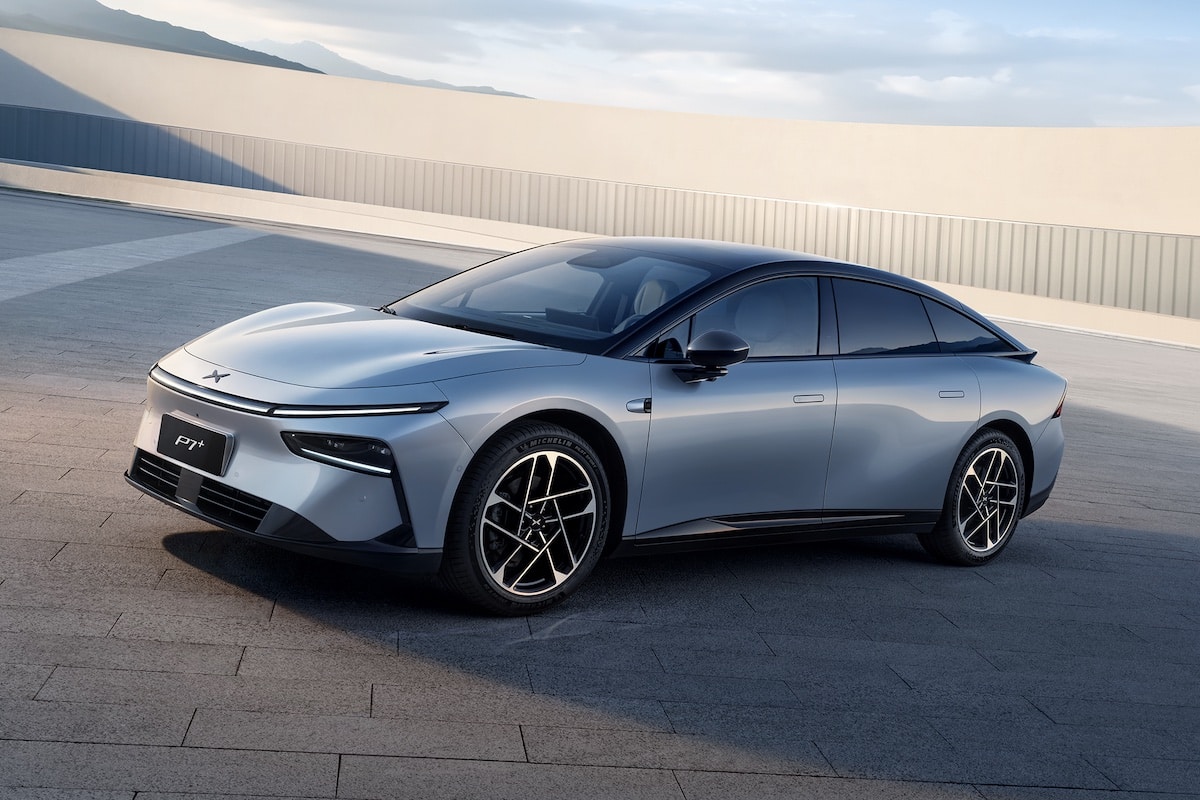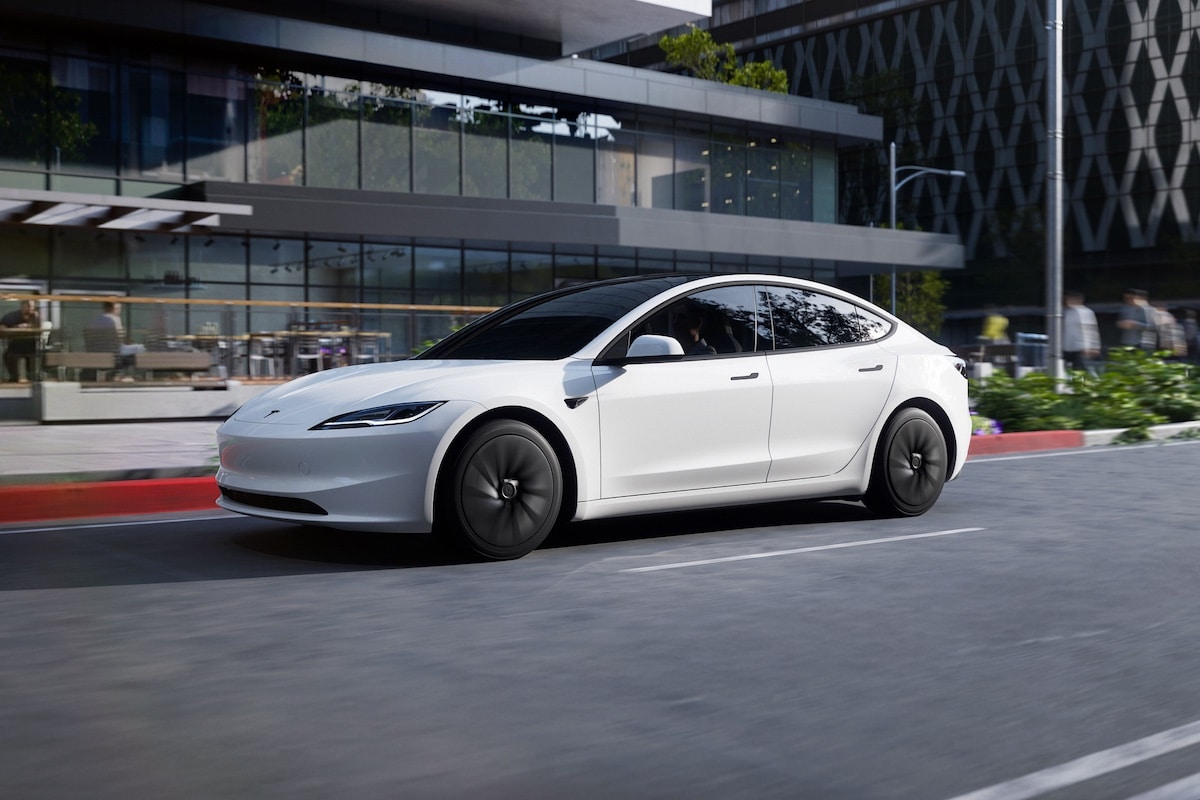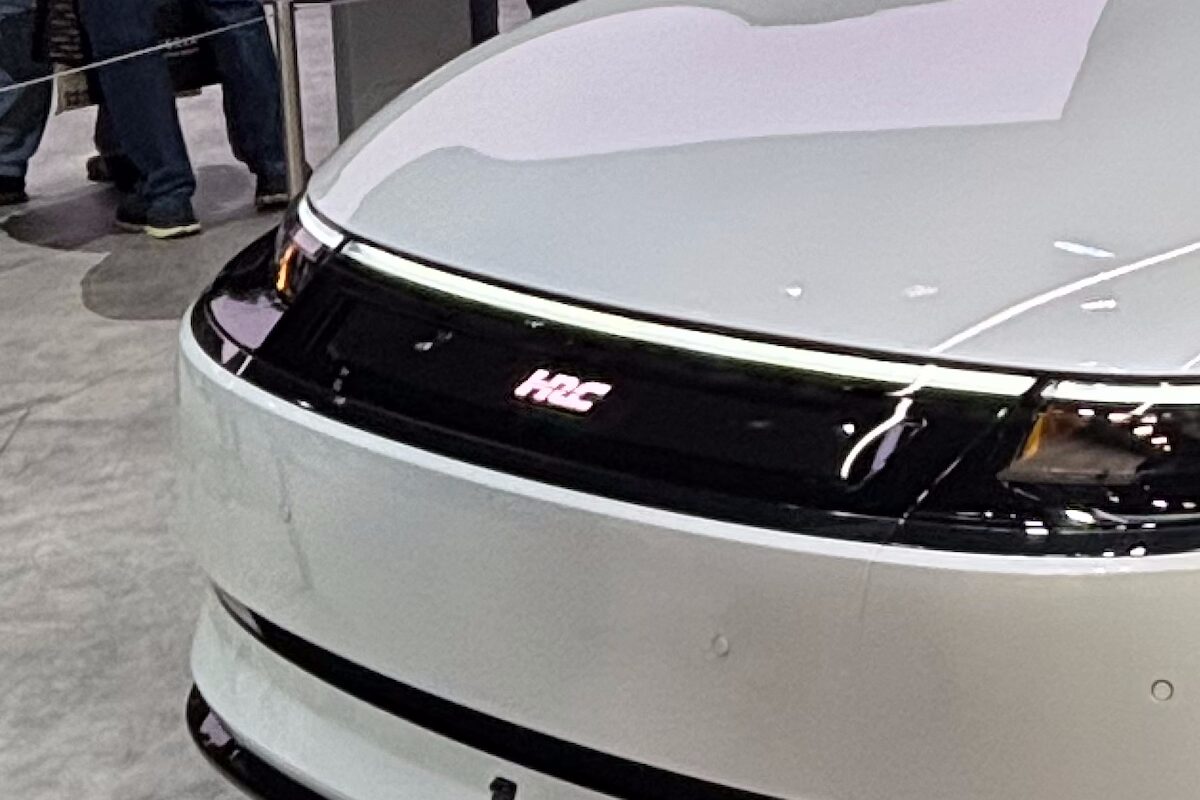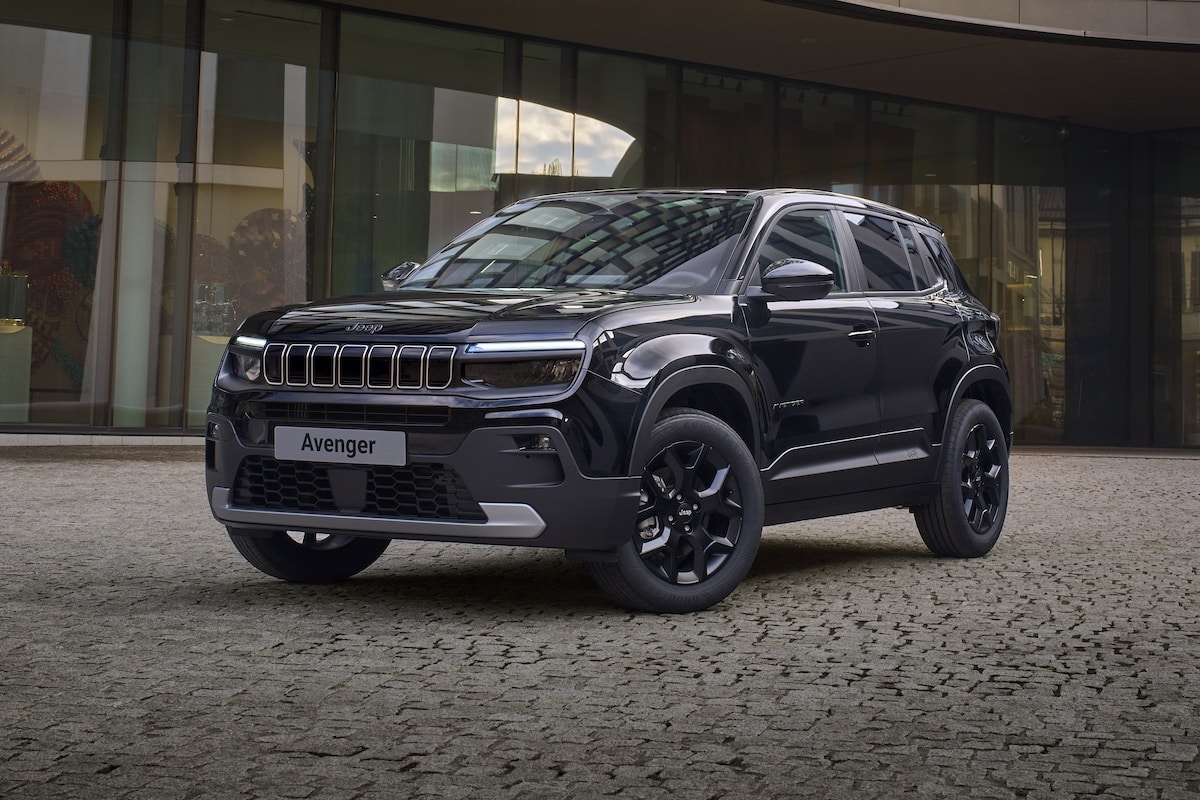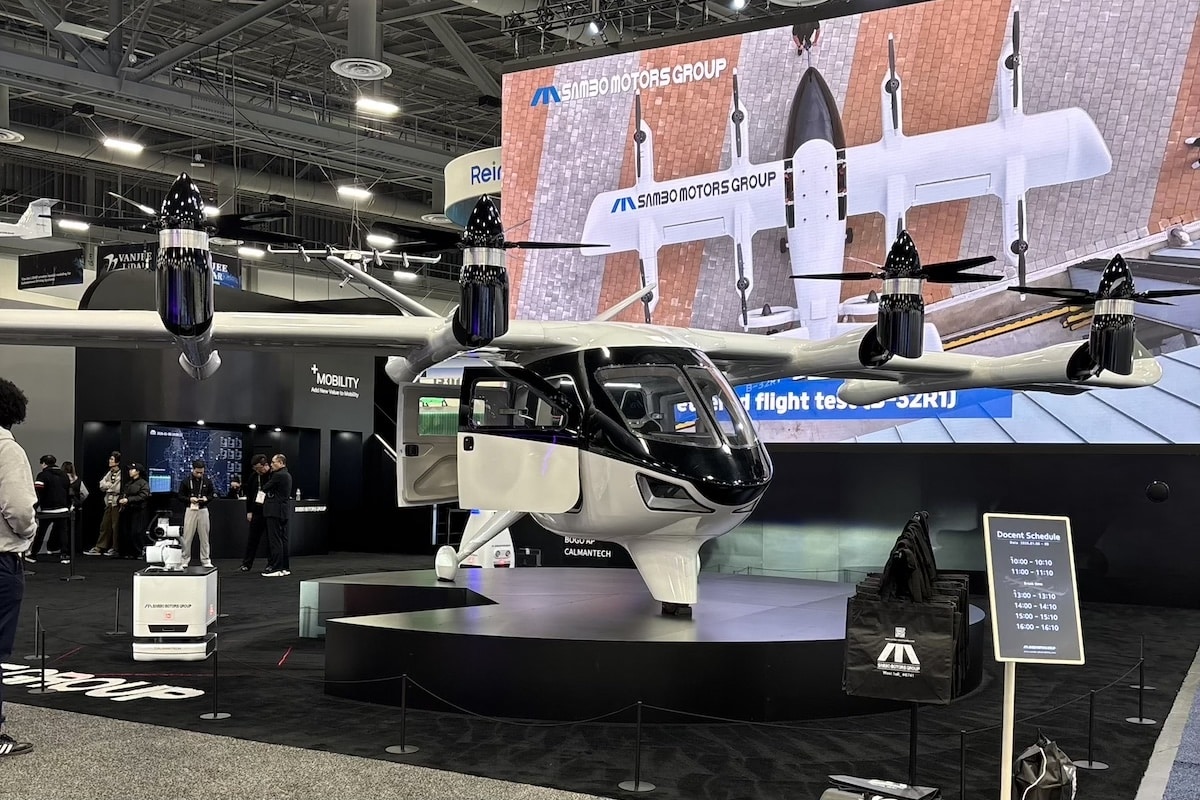Tesla: What if the real problem is the lack of car dealers?
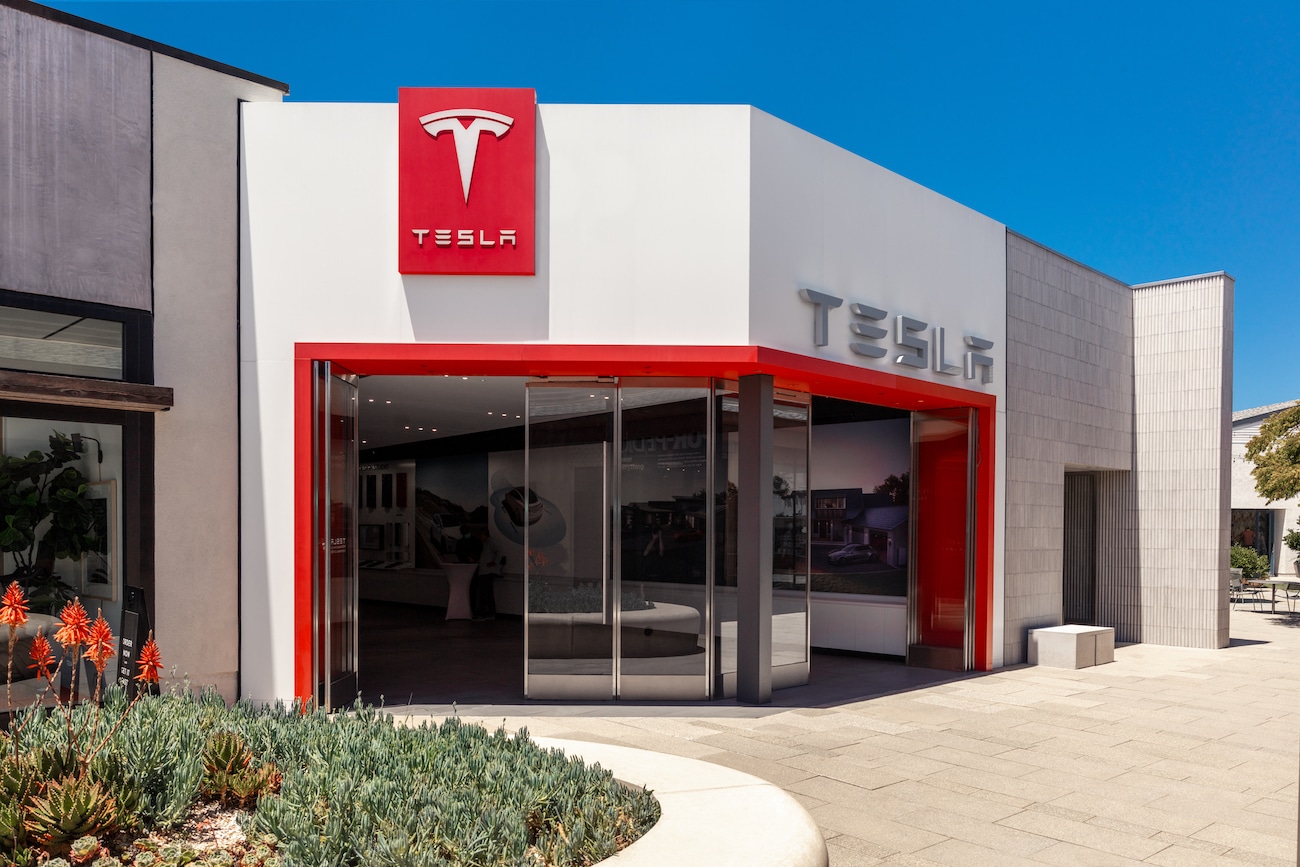
Tesla has long been seen as a pioneer, but the lack of a true physical network is now hindering its development.
For over a decade, Tesla has embodied disruption in the automotive world. Online sales, home delivery, remote updates… Elon Musk has reshaped the relationship between manufacturer and customer. But as the Californian brand seeks to consolidate its global position, one conclusion stands out: the absence of a real network of dealerships is becoming a major obstacle to its expansion.
By removing intermediaries, Tesla promised a smoother, more transparent, and modern buying experience. No more haggling; instead, orders can be placed with just a few clicks. A model that initially appealed to tech-savvy customers tired of traditional distribution codes.
In the early years, this strategy worked perfectly: fixed costs were reduced, profit margins were higher, and the brand image was strengthened by messaging centered on simplicity and modernity. But as production scaled up and Tesla targeted larger markets, the system’s limitations became apparent. The network of Tesla Stores and service centers remains limited, often concentrated around major cities, leaving large geographic areas without a real brand presence.
You might be interestedin this article:
Customers delivered… then left to themselves
User complaints are increasing, especially in Europe and North America. Repair times are too long, parts are unavailable, no loaner vehicles, difficult communication with support… The Tesla post-purchase experience often contrasts with the initial promise.
In France, the problem is particularly evident: the brand has only about twenty service centers for a territory of over 550,000 km². This corresponds to an average distance of 150 to 170 km between sites, sometimes more in rural areas. Tesla claims that 85% of the population is within 90 minutes of a center, but this still leaves a significant share of customers far from any maintenance point.
In an industry where loyalty depends as much on product quality as on customer support, this structural weakness is costly. Where Renault, Mercedes-Benz, BMW, or Hyundai rely on dense networks of dealerships and authorized workshops, Tesla has to manage everything internally, without local support.
“Buying a Tesla is great as long as it doesn’t break down,” summarizes one owner on a Facebook forum. A statement that alone illustrates the fragility of a model without local anchoring.
A brake on global conquest
This lack of infrastructure is especially visible internationally. Tesla has often had to delay or reduce its ambitions in certain markets due to logistics and lack of local contact points. In India, for example, installation negotiations have been dragging on for years. In Eastern Europe, the absence of official service centers makes maintaining the customer experience nearly impossible. Meanwhile, traditional manufacturers—and now Chinese brands—are securing their presence.
New entrants from Asia, like BYD, NIO, or XPeng, adopt a hybrid approach: direct online sales coupled with physical showrooms and regional service centers. A strategy combining modernity and proximity, which increasingly attracts European buyers.
The paradox of the most connected brand
Tesla remains, without a doubt, the most digitally advanced manufacturer. Its vehicles update remotely, diagnostics are automated, and its mobile app allows full control. But this hyper-digitization does not replace a human contact when facing a concrete problem. When a breakdown immobilizes a vehicle 300 kilometers from the nearest service center, the customer experience inevitably suffers.
Some signs suggest Tesla is aware of this. The company is opening new “Service Centers” in Europe and Asia and is testing logistic partnerships to improve deliveries and repairs.
The question remains whether this will be enough to fill the image deficit regarding customer service, in a sector where the overall experience counts as much as product performance. And in this domain, proximity has never stopped being a strength.
ALSO READ: Elon Musk’s compensation: towards a global anti-Tesla boycott?
This page is translated from the original post "Tesla : Et si le vrai problème, c’était l’absence de concessions ?" in French.
We also suggestthese articles:
Also read
